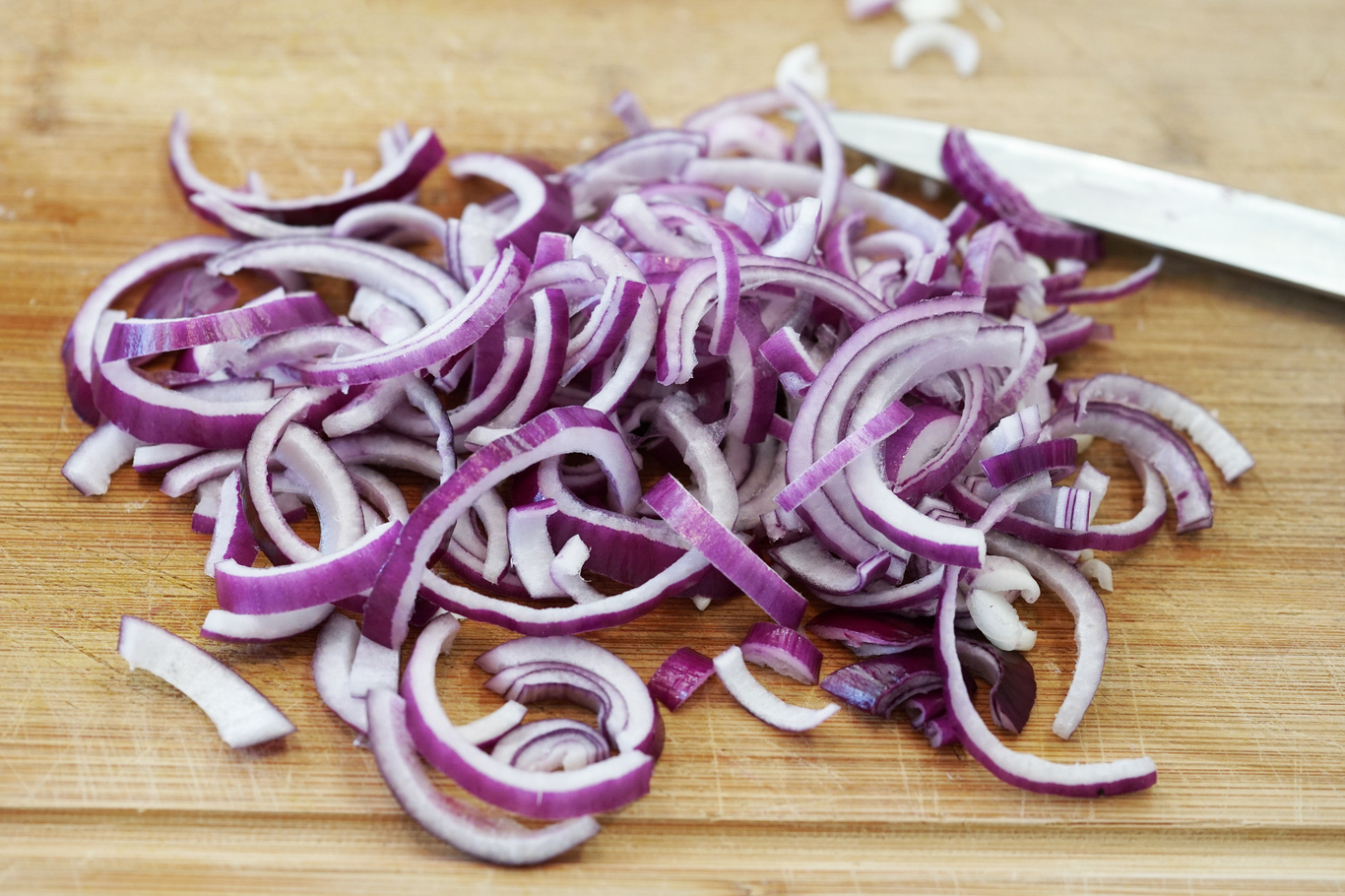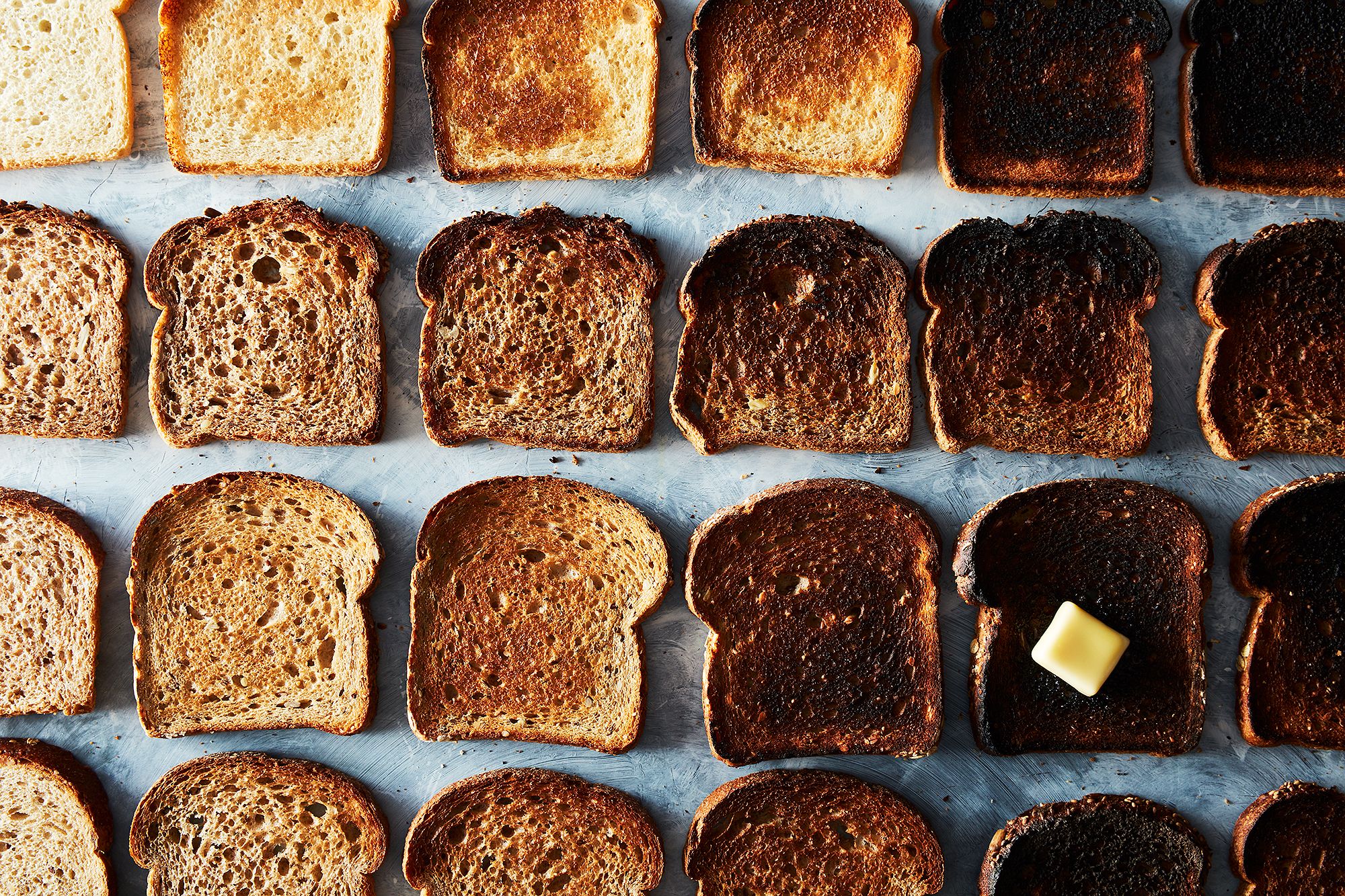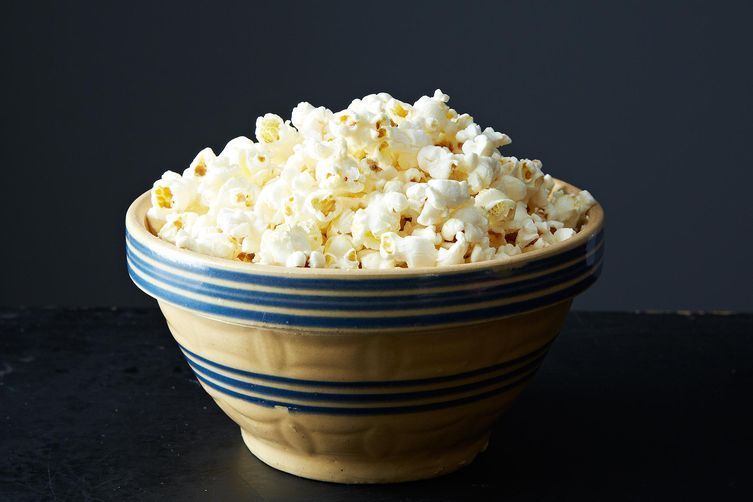Onions: the unsung heroes of many a dish. We love ’em for their ability to impart sweetness and depth to recipes when cooked, and their punchiness and bite when eaten raw. (Not to mention how ridiculously amazing they make our kitchen smell when they’re fried.) But for such a simple ingredient, they sure cause a lot of confusion at the grocery store. Here, the ultimate guide to every type of onion.

wmaster890/Getty Images
Yellow Onions
Making a recipe that doesn’t specify the type of onion? Go for yellow. These all-purpose winners are basically the blue jeans of the onion world—versatile staples that we don’t know what we would do without. Use them to add a tangy sweetness to soups, sauces, pastas and just about anything. Interesting fact: Spanish onions are actually a type of yellow onion, with a slightly more delicate flavor.

Heesuk/Getty Images
White Onions
Named for the color of their skin and flesh, white onions are milder and sweeter than their yellow cousins, which makes them a great option for eating raw in salads, dips and guacamole. Try mixing a few tablespoons of white onion with diced tomatoes, chopped cilantro, lime juice and chile for a fresh and tasty pico de gallo.

Nedim_B/Getty Images
Sweet Onions
Vidalia, Walla Walla, Bermuda—turns out that these are all different kinds of sweet onion. These guys tend to be a little larger and flatter than other varieties, and also sweeter (duh). Their higher sugar content means they’re great for caramelizing, but their bigger size also makes them great contenders for fried onion rings.

DoroMlecz/Getty Images
Red Onions
Thanks to their mild and sweet taste, red onions are delicious when eaten raw, and they’re a colorful way to perk up a dish. Try them sliced on top of a burger, combined into a salad, pickled in vinegar or added to a crunchy slaw.

MmeEmil/Getty Images
Pearl Onions
Small and sweet, these adorable onions come in red, yellow or white. Enjoy them whole—either roasted, pickled or in stews. They also make an excellent garnish in a martini cocktail. Cheers.

alexbai/Getty Images
Scallions
Also known as green onions. You can spot these guys by their long and thin shape, white bottoms and dark green tops. Combine with ginger and garlic for a killer stir-fry or chop up the greens (the white part is more pungent) and toss in a salad.

happyfoto/Getty Images
Spring Onions
They look similar to scallions, but have a small bulb at the base. Spring onions aren’t really a different type of onion but actually just white, yellow or red varieties that have been harvested at a young age. Do yourself a favor and try them whole and grilled—the char really brings out their sweetness.

tumsubin/Getty Images
Shallots
These smaller onions with light purple flesh might just be the most underrated vegetable of the bunch. With a deliciously pungent and garlicky flavor (minus the bad breath), they’re equally delicious when minced and added raw to vinaigrettes and sauces as they are gently fried (where they basically transform into candy).

wmaster890/Getty Images
Leeks
Yep, these guys fall into the onion (or allium, if you’re feeling fancy) category. Try gently frying leeks (avoid the tough green tops for a mild and sweet flavor) in some butter for a comforting side dish. Or you could get really fancy and purée them into a creamy soup.
This article was from PureWow and was legally licensed through the NewsCred publisher network. Please direct all licensing questions to legal@newscred.com.








